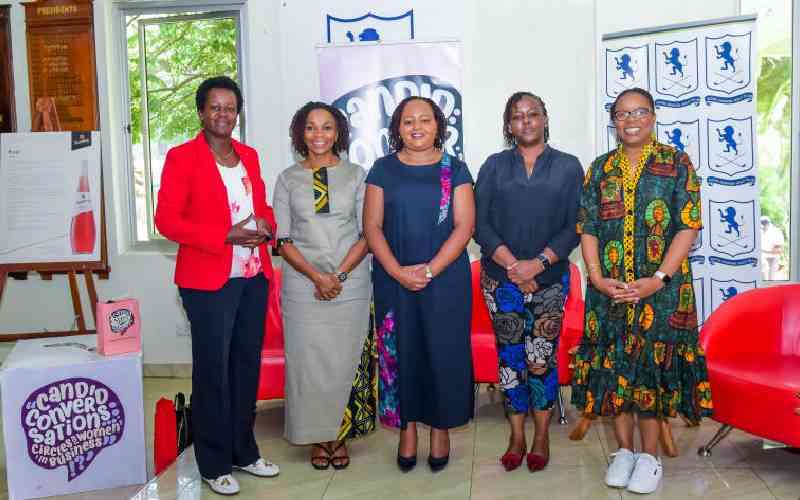×
The Standard e-Paper
Home To Bold Columnists

As the world marks International Women's Day (IWD), Kenya is yet to achieve the required gender balance. And though many gains have been made in political leadership, at the grassroots and national level, they are still way off the mark.
Over the years, the two-thirds gender rule has been a critical issue, with policymakers trying their best to come up with ideas to make sure there is equal representation.